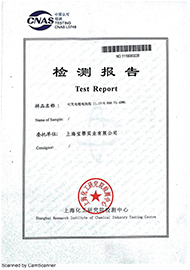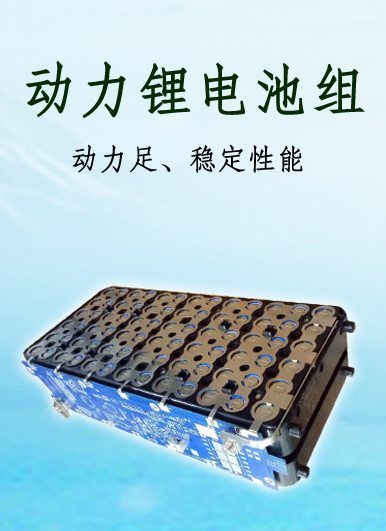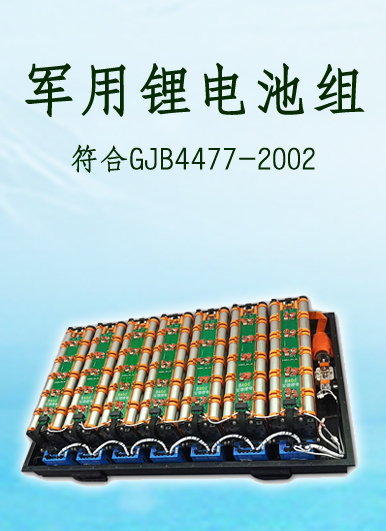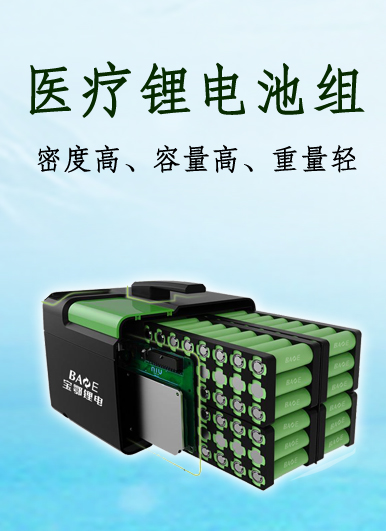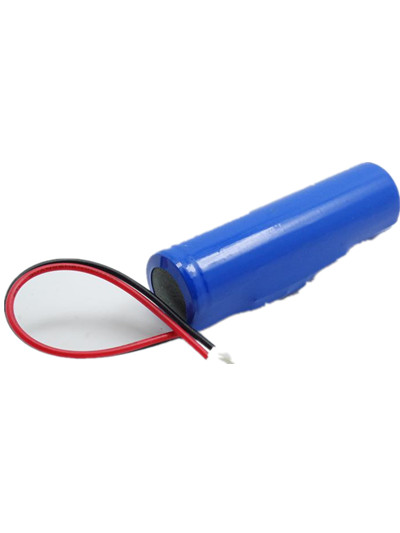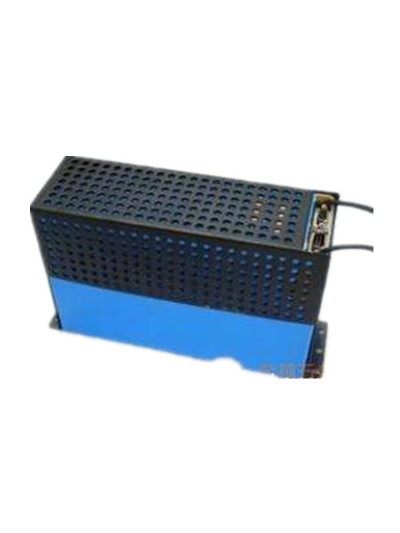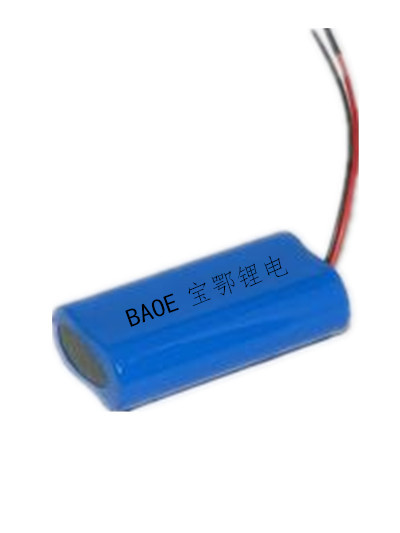The hot concept of lithium batteries not only attracts the extended layout of upstream and downstream industry chains, but also attracts the favor of many capital, and many enterprises that focus on environmental protection materials and innovative energy enter the market across borders. Safety standardization is the development direction of lithium battery UPS. Full automation and intelligent lithium battery production equipment can directly improve the safety performance and pass rate of products, thereby reducing production costs.
Lithium battery UPS and lead-acid battery UPS have their own advantages and disadvantages, but in this era of pursuing high efficiency, high stability and requiring UPS to be safer and more environmentally friendly, it can only be said that lithium battery UPS is more suitable for the market environment than lead-acid battery UPS. Lithium batteries will rewrite the long-standing UPS leadership of lead-acid batteries. UPS has been widely and deeply applied in the industrial field, communication base station and other fields. Various high-end and precision equipments have also increased greatly, which not only puts forward higher requirements for power supply quality, but also ensures the continuity of power supply reliably. With the rapid development of UPS market, the demand for UPS batteries is also increasing. As an important part of UPS system, batteries have many kinds of specifications, and different application fields need to choose the appropriate types of batteries.
Comparison of Lithium Battery and Lead-acid Battery
1. Lead-acid batteries: The working temperature range is 15-35 degrees Celsius, requiring air conditioning. Lithium ion batteries: - 20 - 60 C, no air conditioning, reduce equipment installation, maintenance and electricity costs.
2. In the high voltage DC power supply system of communication equipment, 240V DC system is the future development trend. Lead-acid batteries can not be connected in series to a high voltage DC battery system without balanced management, while lithium-ion batteries can be realized.
3. Equipment maintenance cost: Lead-acid maintenance cost is higher, lithium-ion battery maintenance cost is very low.
4. In short time (< 1 hour) standby use, the capacity requirement of lithium-ion batteries is less than half that of lead-acid batteries.
The advantages of lithium batteries over lead-acid batteries are lightweight, small weight, long cycle life, good discharge characteristics, safety and environmental protection, good environmental adaptability and easy maintenance.
The advantages of lithium batteries and lead-acid batteries as UPS are simply compared from the characteristics of batteries.全球大宗商品市场低迷,加上环保政策的打压和市场需求的下降,让蓄电池行业中的“老大哥”——铅酸蓄电池走向了下坡路。在铅酸蓄电池持续疲软的时候,国家相关部门颁布决定,2016年1月1日起对铅酸蓄电池征收4%的消费税。让业内人士不由直呼:“严冬”依旧,困难又来,消费税的征收让铅酸蓄电池的发展更加艰难。
锂电池概念火热,除了吸引产业链上下游的延伸布局外,也吸引了众多资本的青睐,更有不少关注环保材料、创新能源的企业跨界入局。安全性标准化,是锂电池UPS的发展方向,全自动化和智能化的锂电池生产设备能直接提高产品的安全性能和通过良率,从而降低生产成本。
锂电池UPS与铅酸蓄电池UPS各自都有着各自的优劣之处,但是在这个追求高效率高稳定性,要求UPS更安全更环保的时代,只能说锂电池UPS比铅酸蓄电池UPS更为适应市场环境。锂电池将改写铅酸蓄电池长久的UPS领导地位。UPS在工业领域、通信基站等领域得到了广泛而深入的应用,各种高端、精密设备也随之大量增加,不仅对供电质量提出了更高的要求,同时供电的连续性也要得到可靠保障。随着UPS市场的高速发展,UPS电池需求也在日益增加。电池作为UPS系统的重要组成部分,有许多规格种类,而不同应用领域要选择相应的电池种类。
锂电池与铅酸蓄电池的对比
1、铅酸电池:工作温度范围为15~35℃,需要空调。锂离子电池:-20~60℃,不需要空调,减少设备安装费、维护费、电费。
2、在通信设备高压直流电源系统中,240V直流系统是未来发展趋势。铅酸电池组不带均衡管理,无法串联成高压直流电池系统,而锂离子电池组可以实现。
3、设备维护成本:铅酸维护成本较高,锂离子电池维护成本很低。
4、在短时间(<1小时)备电使用中,锂离子电池所配容量需求只有铅酸电池的一半不到。
更简单来总结锂电池对比铅酸蓄电池的优势为体积轻、重量小;循环寿命长;放电特性好;安全环保;环境适应性好;易于维护。
以上单纯的是从电池特性来比较锂电池与铅酸蓄电池作为UPS的优势之处,以下从市场环境来讨论一下锂电池与铅酸蓄电池作为UPS在当今环保意识高涨的时代的适应性。リチウム電池の概念は火のように熱いです。産業チェーンの上流と下流の伸び配置を誘致する以外に、多くの資本の愛顧を集めています。環境保護材料、革新エネルギーに関心を持つ企業が増えています。安全性標準化は、リチウム電池UPSの発展方向であり、全自動化とインテリジェント化のリチウム電池生産設備は直接に製品の安全性能と通過率を向上させ、生産コストを低減させることができる。
リチウム電池UPSと鉛酸蓄電池UPSはそれぞれ優れたところを持っていますが、高効率で安定性を追求し、UPSが安全で環境に優しい時代を求めています。リチウム電池UPSは鉛酸蓄電池UPSよりも市場環境に適応しています。リチウム電池は鉛酸バッテリーの長期的なUPSのリードを書き換えます。UPSは工業分野、通信基地局などの分野で広く深く応用され、各種のハイエンド、精密設備も大量に増加し、電力供給の品質に対してより高い要求を提出しただけでなく、同時に電力供給の連続性も信頼できる保障を得る。UPS市場の急速な発展に伴い、UPS電池の需要も日増しに増加しています。電池はUPSシステムの重要な構成部分として、いろいろな規格があります。
リチウム電池と鉛酸蓄電池の比較
1、鉛酸電池:作業温度範囲は15~35℃で、エアコンが必要です。リチウムイオン電池:-20~60℃は、エアコンが不要で、設備設置費、メンテナンス費、電気代を削減します。
2、通信設備の高圧直流電源システムにおいて、240 V直流システムは将来の発展傾向です。鉛酸電池グループはバランス管理をしていないので、高圧直流電池システムに直列に接続できません。リチウムイオン電池グループは実現できます。
3、設備の維持コスト:鉛酸の維持コストが高く、リチウムイオン電池の維持コストが低い。
4、短時間(<1時間)の予備電気使用において、リチウムイオン電池の容量は鉛酸電池の半分以下である。
リチウム電池の比較鉛酸蓄電池の優勢は体積が軽いこと、重量が小さいこと、サイクル寿命が長いこと、放電特性が良いこと、安全環境に優しいこと、環境適応性が良いこと、メンテナンスが容易であることを簡単にまとめました。
以上の単純なのは電池の特性からリチウム電池と鉛酸蓄電池を比較してUPSの優位性とします。


